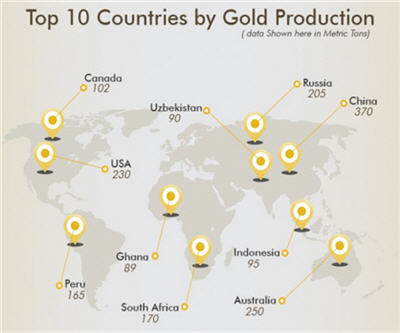The Government has re-affirmed its resolve to diversifying the country’s mineral resource base from traditional minerals like gold, bauxite, manganese and diamond and rather pay attention to largely un-exploited mineral commodities to fast-track development.
The move called for resourcing and capacity building of state institutions like the Geological Survey Authority and the Minerals Commission to effectively carry out their mandate as the principal curators of geoscientific information on the country’s minerals to fast-track exploitation of un-exploited resources.
In that regard, the Minerals Commission had been undergoing re-structuring to enhance its capacity to ensure effective governance of the country’s mineral resources.
Mr Benito Owusu-Bio, a Deputy Minister of Lands and Natural Resources, said this at the closing ceremony of a two-week mineral resource assessment training programme for geological surveyors from eight African countries, in Accra, on Friday.
The training brought together 18 geoscientific staff from African Geological Surveys including Ghana, Nigeria, Cameroon, Sudan, Sierra Leon and Kenya, to sharpen their expertise and skills to ensure good governance and sustainable utilisation of African mineral resources.
 The capacity-building workshop was organised by the Organisation of African Geological Surveys (PanAfGeo), in collaboration with the Ghana Geological Survey Authority (GGSA), European Geological Surveys and Geological Survey of Finland.
The capacity-building workshop was organised by the Organisation of African Geological Surveys (PanAfGeo), in collaboration with the Ghana Geological Survey Authority (GGSA), European Geological Surveys and Geological Survey of Finland.
Mr Owusu-Bio said many African countries were endowed with abundant mineral resources, which formed part of their wealth, to help finance their socio-economic and infrastructural development.
Therefore acquiring the right knowledge and skills was critical for effective resource governance and sustainable utilisation.
The Deputy Minister expressed the belief that the training programme would complement government’s efforts at building capacity of the mining sector institutions to critically and holistically assess and evaluate available mineral resources.
He said that would inform policy decision on effective resource governance and sustainable utilisation of Ghana’s available resources.
He urged the participants to ensure the knowledge and skills acquired reflected in their professional conducts in their respective countries’ mineral resource policy direction to attract the needed investment.
Mr Owusu-Bio commended PanAfGeo for its continued support and effort at building capacity of African Geological Surveys and other mining sector institutions, and recognised the support of the European Commission and Consortium of European Geological Surveys, led by the French Geological Survey, for their technical and financial assistance.
“I urge all participants to use the platform offered by PanAfgeo and your engagements over the training period to create synergies required for sustainable utilisation of mineral resources across the Continent in line with the tenets of the Africa Mining Vision,” he advised.
Dr Daniel Boamah, the Acting Executive Director of the GGSA, for his part, said the training intended to provide guidelines to African geological surveyors to adequately assess the mineral ore and development of minerals in their respective countries.
That, he said, would enable them to provide accurate information to their clients, stakeholders and civil society organizations to promote sustainable use of minerals for the good of the society.
Madam Riitta Teerilahti, the Africa Project Manager of the Geological Survey of Finland, said the support it received from the GGSA ensured successful organisation of the training programme and believed it would enhance sustainable use of mineral resources in Africa to accelerate development.
As part of the training programme the participants undertook a field trip to the Asanko Gold Mine in the Ashanti Region to have firsthand experience about processing of mineral ore.
Source: GNA







